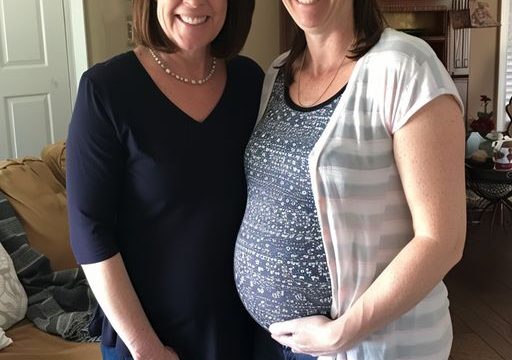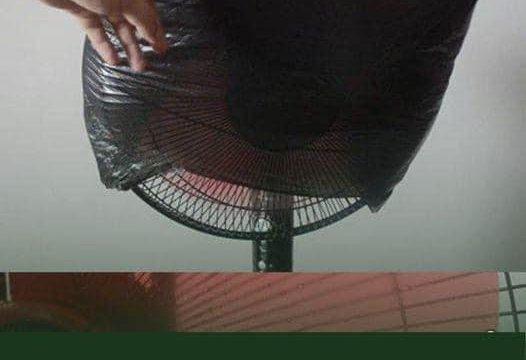
I’ve always understood that family dynamics can be complicated. Old wounds resurface, conflicts simmer, and things can turn ugly. So, when Candace decided to disown her parents after Lucas was born, I stood by her side, believing she had her reasons.
But what I didn’t anticipate was how long it would go on—fifteen years with no contact and no explanation. Every time Lucas wanted to visit his grandparents, Candace would firmly say no, without any discussion. It frustrated me, especially since her parents clearly adored Lucas. I kept hoping she’d eventually tell me why, but she never did.
One day, after Candace had once again refused to let Lucas visit his grandparents, he came to me upset. “Mom said I can’t go to Grandma’s house,” he complained. “Grandpa’s helping me with a school project.”
I was fed up with always being the one to smooth things over. “I’ll take care of it,” I told Lucas, and I drove him to his grandparents’ house.
When I got home, I found Candace casually making waffles in the kitchen. “I didn’t want you to take him there,” she said, her tone flat.
“Your parents love Lucas. I don’t see why he can’t spend time with them. You may have a problem with them, but that doesn’t mean Lucas should suffer.”
She looked at me with her calm, steady gaze, and after a long pause, she said something I didn’t expect. “They mean nothing to me.”
Her words hit me like a punch in the gut. What had happened between them to make her feel this way? I couldn’t understand it. Before Lucas was born, Candace’s parents were constantly around, helping with everything. Her mom would cook Candace’s favorite meals, and her dad was always fixing things around the house. They had even moved in with us for the week leading up to Lucas’s birth to offer support. But then, after Lucas was born, it was like a switch flipped, and Candace wanted nothing to do with them.
I had to know the truth. “Candace,” I said, watching her as she ate. “Tell me what happened. Why did everything change?”
For a moment, she just stared at her plate, chewing slowly and avoiding eye contact. Then, after what felt like an eternity, she finally spoke. “They tried to take him away from me,” she said quietly.
“What do you mean?” I asked, shocked.
“When Lucas was born, they didn’t think I was capable of being a good mother. They undermined everything I did. Every decision I made, they questioned it. They tried to control how I was raising him, like I wasn’t good enough. It felt like they were trying to take him from me, like I wasn’t fit to be his mom.”
I was stunned. I had no idea she had been carrying this weight for so long. The tension between her and her parents had never been about some petty argument—it was much deeper. It was about her feeling like her own parents didn’t trust her to be a mother.
“I’m sorry, Candace,” I said softly. “I didn’t know.”
She nodded, tears welling in her eyes. “I couldn’t let them do that to me, not then, and not now.”
Finally, after fifteen years, I understood the pain and fear that had driven her to cut them off. It wasn’t an easy truth to hear, but it gave me the clarity I needed. Now that everything was out in the open, we could begin to heal and move forward as a family.





